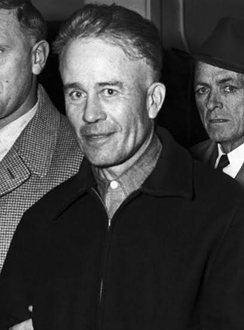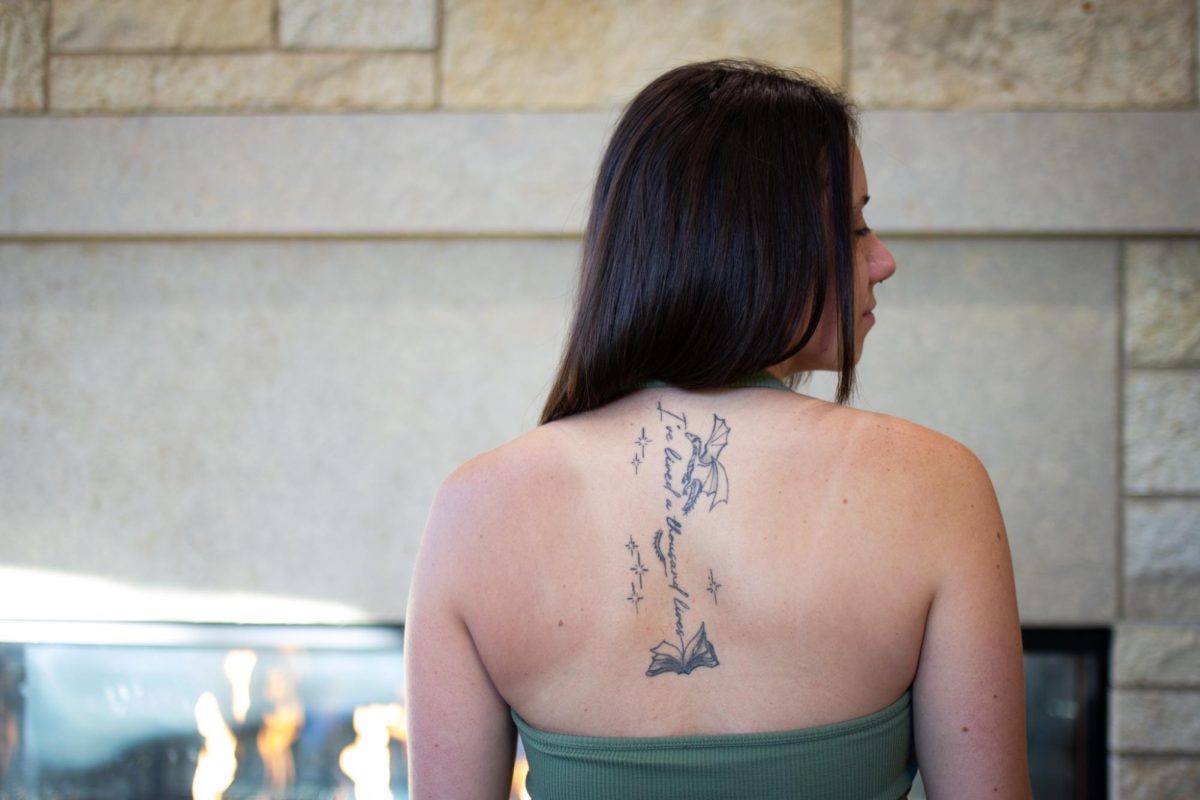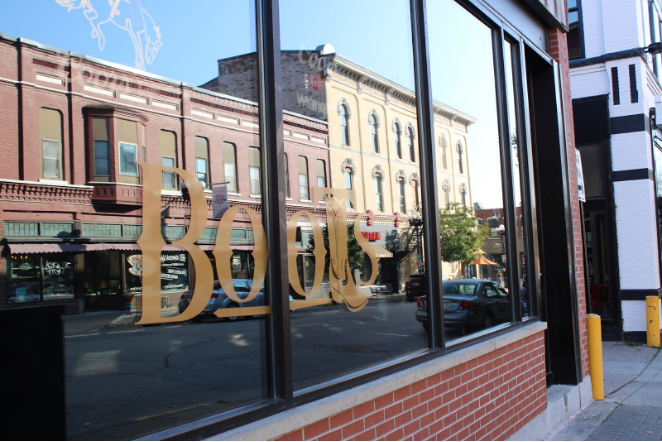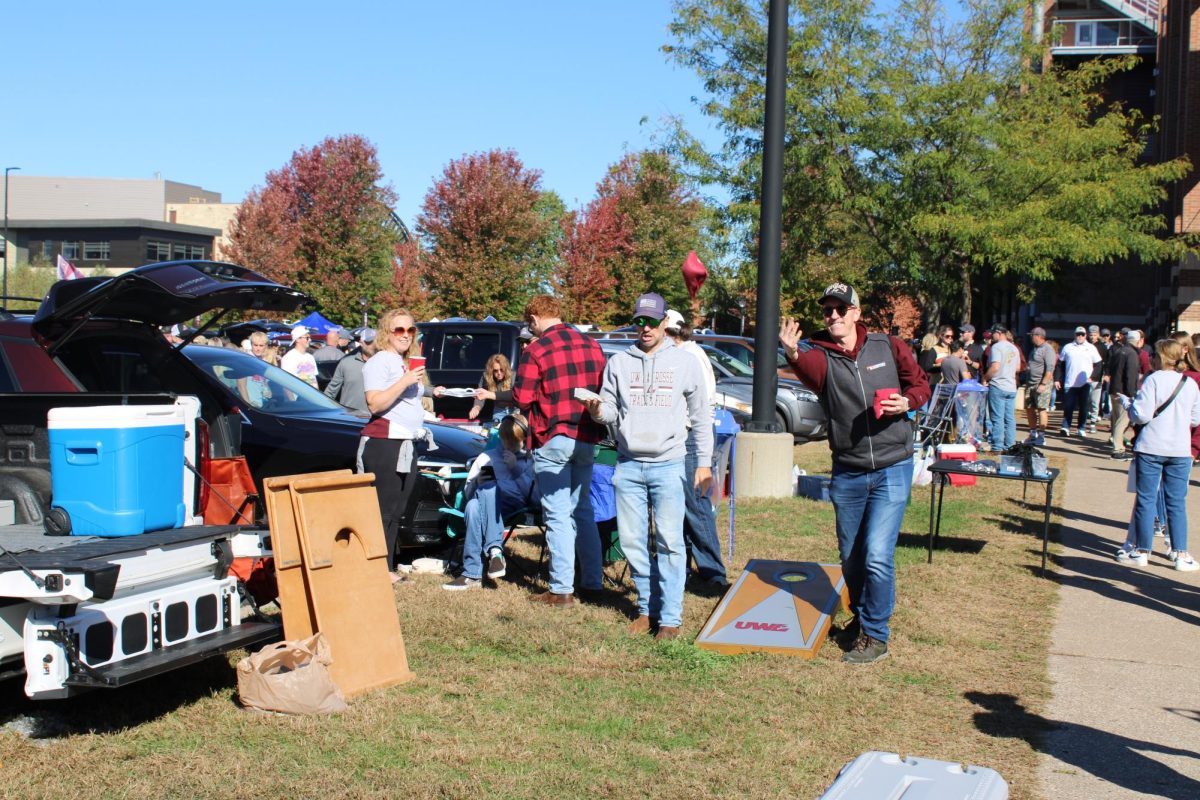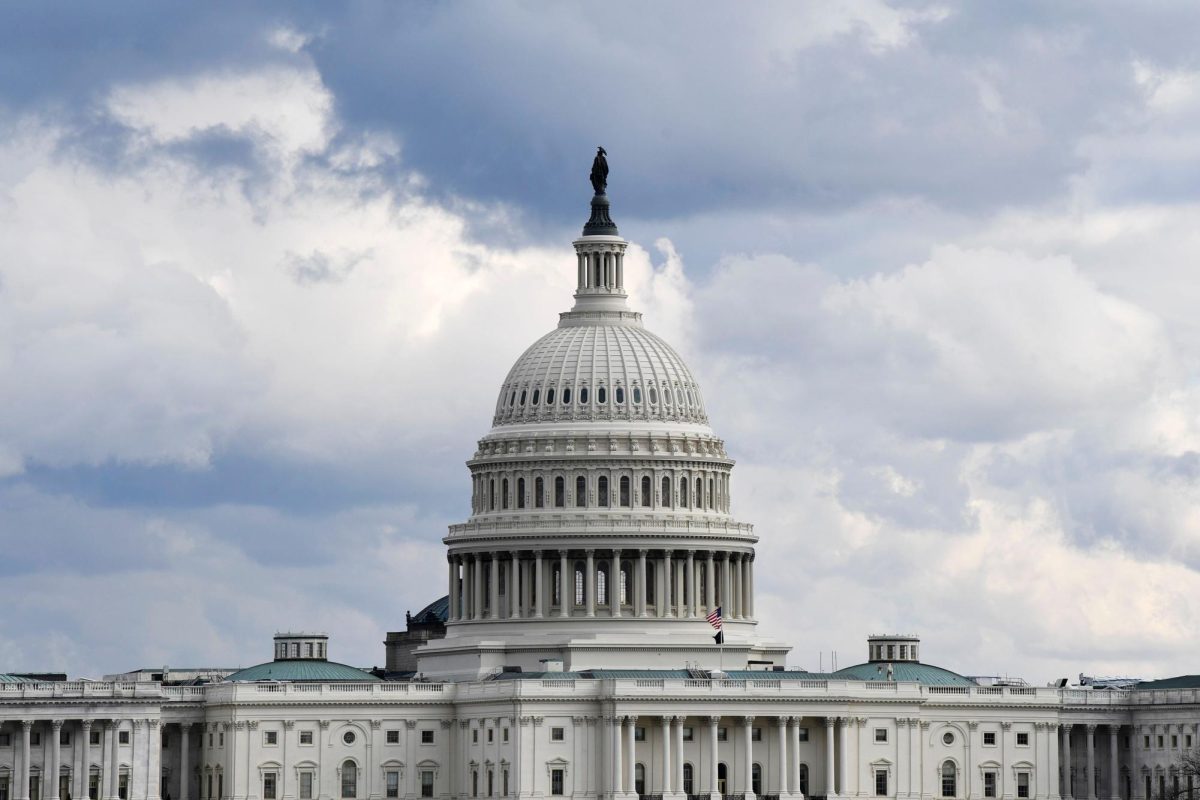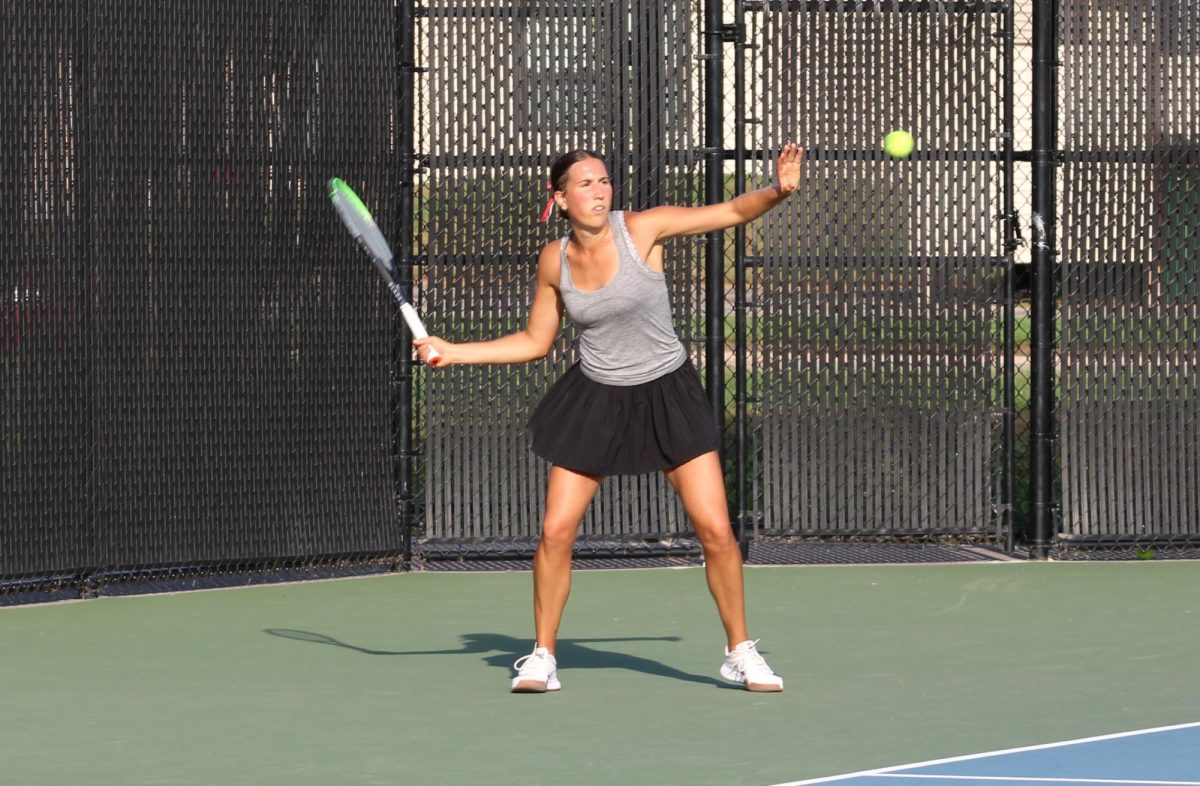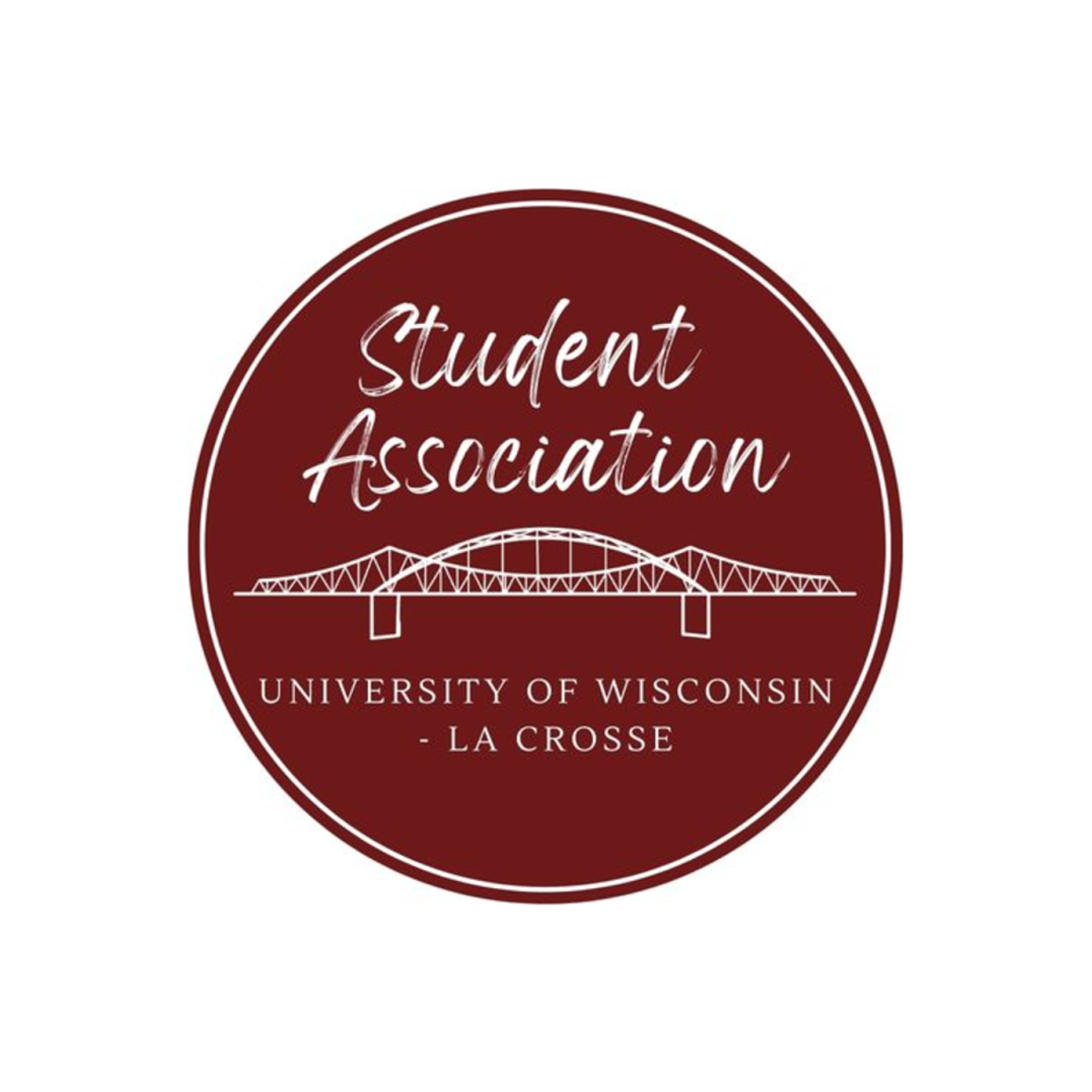The Sociology and Criminal Justice Department at the University of Wisconsin-La Crosse has officially announced the addition of its newest major: criminology. The program is set to launch and be available for student registration starting this upcoming spring semester.
While the idea of adding a criminology major has been discussed within the department for several years, the formal process of bringing it to life began in August 2024. With its launch, UWL will become the fourth university in Wisconsin to offer a major in criminology, joining UW–Whitewater, UW–River Falls and UW–Milwaukee.
To make this program a reality, the department collaboratively developed an in-depth proposal outlining the structure and benefits of the major. This proposal was then presented to the university and regional governing bodies for approval.
“We had to lay out what the demand was. We also had to lay out what the curriculum was going to look like. We did it in a way that we were working to be resource neutral. We were able to piece together a program that made use of the kinds of courses that we already offer here,” said Dr. Tim Gongaware, sociology and criminal justice chair.
The demand for a criminology major at UWL has been significant, particularly in recent years. The number of students pursuing a criminal justice minor has risen to 157, and with that growth came increased requests for a criminology major.
As part of the proposal process, the department conducted a survey targeting students in related fields such as sociology, criminal justice, political science and psychology. Of the 97 respondents, approximately 76.4% said they would be likely or extremely likely to declare a criminology major if it were available.
Additionally, 25% said they had considered transferring out of UWL due to the lack of the major. 31% said they had considered not attending UWL in the first place because it did not offer criminology, and 23% reported knowing students who had transferred elsewhere for that reason.
One student stated in the survey, “A lot of people I know did not apply to UWL because they did not offer criminology.”
Additional written comments on the survey expressed enthusiastic support for having a criminology option.
Since the major’s announcement, interest has continued to grow.
“Dr. Lisa Cruz and I have had a lot of students contacting us, asking us about the new major. The dean’s office has already received requests to change majors,” said Gongaware.
A Bachelor of Arts/Bachelor of Science in criminology will require a total of 120 credits. This includes 41 credits of general education coursework and 36 credits specific to the major. Within the major, students will take 18 credits in core areas such as research methods, criminological theory and a senior capstone. The remaining 18 credits will consist of elective courses in sociology and criminology.
Students will also have opportunities to earn credits through internships and undergraduate research. The additional 43 credits required for graduation can be completed through electives, minors or additional coursework.
Some courses students can expect to see offered through this program include victimology, delinquency, law and society, courts crime and justice, race gender and crime and sociology of deviants. “And we expect to have some new ones developed along the way,” Gongaware added.
A distinctive feature of the new criminology program is its focus on community-engaged learning.
“Our major focal point for criminology is this commitment to community-engaged learning, to community outreach and to really integrating the university with the surrounding community. Whether it’s local, regional, or even statewide,” said Gongaware. “We’re looking to get students out working in the communities.”
An example of this community-engaged learning approach was a recent project led by Professor of Sociology and Criminal Justice Nick Bakken, where students collaborated with inmates at the New Lisbon Correctional Institution. The project focused on incarcerated fathers of young children and explored issues of parenting and reintegration.
These community partnerships not only enhance academic learning but also create pathways to career relevant internships. Sociology and criminal justice students have previously worked with organizations such as Grow La Crosse, La Crosse Area Family Collaborative (LAFC), New Horizons Shelter and Outreach Centers and Aptiv Inc.
“We’ve always encouraged internships, and there are plenty of opportunities around. We don’t require an internship, but it’s something we actively promote,” said Gongaware.
When discussing the abstract of what this major will prepare students for, the proposal states, “Criminology will use a community-centered approach to provide students with the skills and knowledge to scientifically study crime, criminal behavior, and their societal impacts. Students will gain in-depth education on criminal behavior and its ties to factors such as poverty, discrimination, trauma, mental illness, and substance use disorders. The program prepares students to assess and engage criminal justice institutions, interpret current research on crime, and effectively apply research findings as they engage with clients and organizations throughout a community.”
Beyond preparing students for traditional roles in the criminal justice system, the program will also open doors to careers in health services, human services, education, human resources and business.
“There are all kinds of different programs, including government and health programs. There are jobs in schools that focus on identifying risk factors for youth involvement in crime,” said Gongaware. “Others work in service organizations focused on criminal reentry into society. Social work is another area. These might be caseworkers, investigators, or coordinators and organizers of community programs addressing criminology-related issues.”
According to national projections, job growth in these areas is expected to be as fast as or faster than average over the next decade.
“People who do work in criminology or sociology can go into areas where you’re actually working with communities, where you’re working to help develop the kind of world that you really want,” said Gongaware.
More information can be found at UWL Campus Connections.


